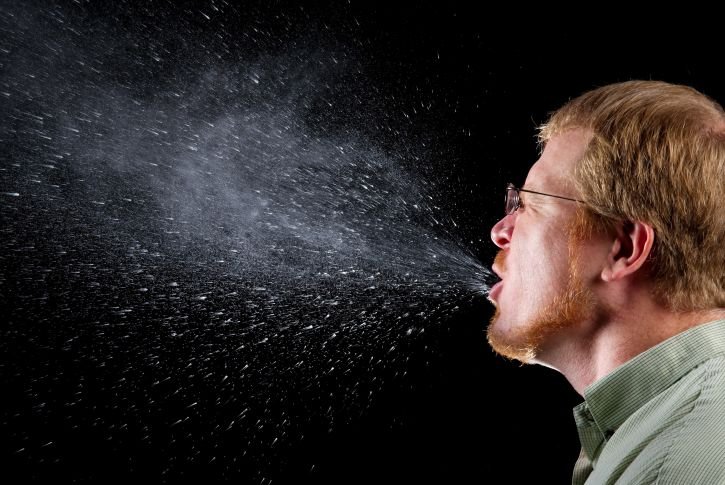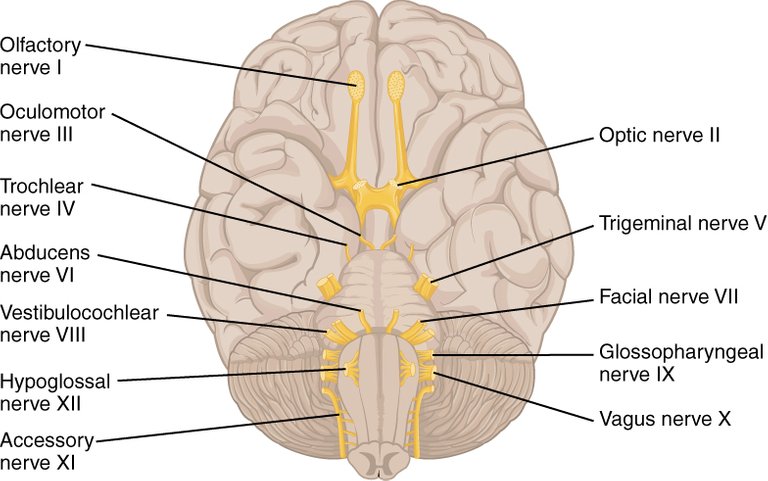We are all capable of doing something that many of our friends cannot: roll our tongues, move our ears, tell apart "there” from “their” and “they’re”, and although we agree that all these skills are ultimately useless, they serve to differentiate us from others and to make us realize that, as the timeless masterpiece Shrek taught us, we are all special in our own way (except hipsters). But among these peculiarities there is one that can be more annoying than the others, and over which we unfortunately have no control: sneezing when suddenly exposed to any bright light. As a child I used to think that this only happened to me, and if you were also born with this condition, surely you have also thought the same. But don't worry, we are far from the only ones, and everything has a logical explanation.

I begin by clarifying that no, we are not part of an ancient race of vampires with adverse effects to light and whose powers are soon to manifest (I was very creative as a child), what we suffer from is known as photic sneezing, also called ACHOO Syndrome (yup, seriously) for its acronym (Autosomal Dominant Compelling Helioopthalmic Outburst). It is a reflex present in 18-35% of the world's population, and as we who suffer from it well know, it causes a tingling in the eyes and nose that leads up to sneezing when exposed to bright lights, such as by being in a dark room and going outside during the day. It can be annoying and, as I said, something difficult to explain for those who do not have it, but it is hardly a life or death thing.
Even so, it is still curious; Isn't sneezing supposed to be the response to an allergic stimulus? Are we allergic to the sun? Well, it is true that most sneezes occur in response to an irritation of the nasal mucosa, usually by contact with substances such as dust or pollen, and with the aim of eliminating all these agents through the rapid expulsion of air and mucus. But like everything else that happens in our body, what causes sneezing technically isn`t the stimulus itself, but the nerves. Or more specifically, one of the twelve cranial nerves.
The cranial nerves or pairs are a set of nerve fibers that originate directly in the brain or brainstem, and that are distributed throughout the head, thorax and abdomen, fulfilling functions as varied as the movement of the eyes and facial muscles, perception and transmission of visual and olfactory information, and swallowing. Of these, the 5th cranial nerve, or trigeminal nerve, is responsible for sneezing.

And here we are getting closer to the root of the problem. It is still not entirely clear exactly why some people have photic sneezing, or even if it is something hereditary: it is suspected that it has an autosomal dominant pattern, so one in two children with this condition would also suffer from it, but in one study carried out in 1995, only 27% of the 367 people surveyed reported having a parent with this reflex response. The most accepted theory is that these sneezes originate due to an abnormal proximity of the second cranial nerve, the optic nerve (responsible for transmitting visual information to the brain) with the trigeminal nerve. When there is a sudden overstimulation of the optic nerve due to the presence of a sudden burst of light in our visual field, the impulse "jumps" towards the trigeminal nerve, confusing it and creating the sensation of having an irritating agent in the nose, and causing a sneeze in response.
There are other theories, such as one that indicates that the possible explanation for this phenomenon would be the tears that usually flow when exposed to very bright lights and that later run towards the nostrils, irritating them and causing sneezing, although the speed at which the response is usually generated makes this unlikely. Other studies show that it is possible that there is a relationship between deviations of the nasal septum and photic sneezing, since a high percentage of those who suffer from them have reported having these anatomical abnormalities. While we're not entirely sure what causes this reaction to light, what we do know is that it occurs in nearly a third of the world's population, so next time you have an uncontrollable burst of sneezing when you wake up to first light of the day, remember: you are not alone.
I think I am one of you too. I really love going out when it’s dark. I hate it when I go out in the sun .
Good thing I check this platform out for the first time and loving every bit of it 😀😀😀😀
Thanks for your contribution to the STEMsocial community. Feel free to join us on discord to get to know the rest of us!
Please consider supporting our funding proposal, approving our witness (@stem.witness) or delegating to the @stemsocial account (for some ROI).
Please consider using the STEMsocial app
app and including @stemsocial as a beneficiary to get a stronger support.
Your post has been voted as a part of Encouragement program. Keep up the good work!
Boost your earnings, double reward, double fun! 😉
Support Ecency, in our mission:
Hivesigner: Vote for ProposalTry https://ecency.com and Earn Points in every action (being online, posting, commenting, reblog, vote and more).Ecency: https://ecency.com/proposals/141
Congratulations @mike961! You have completed the following achievement on the Hive blockchain and have been rewarded with new badge(s) :
Your next target is to reach 54000 upvotes.
You can view your badges on your board and compare yourself to others in the Ranking
If you no longer want to receive notifications, reply to this comment with the word
STOPCheck out the last post from @hivebuzz: